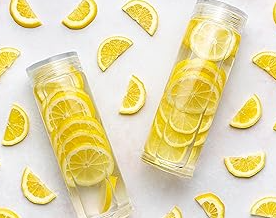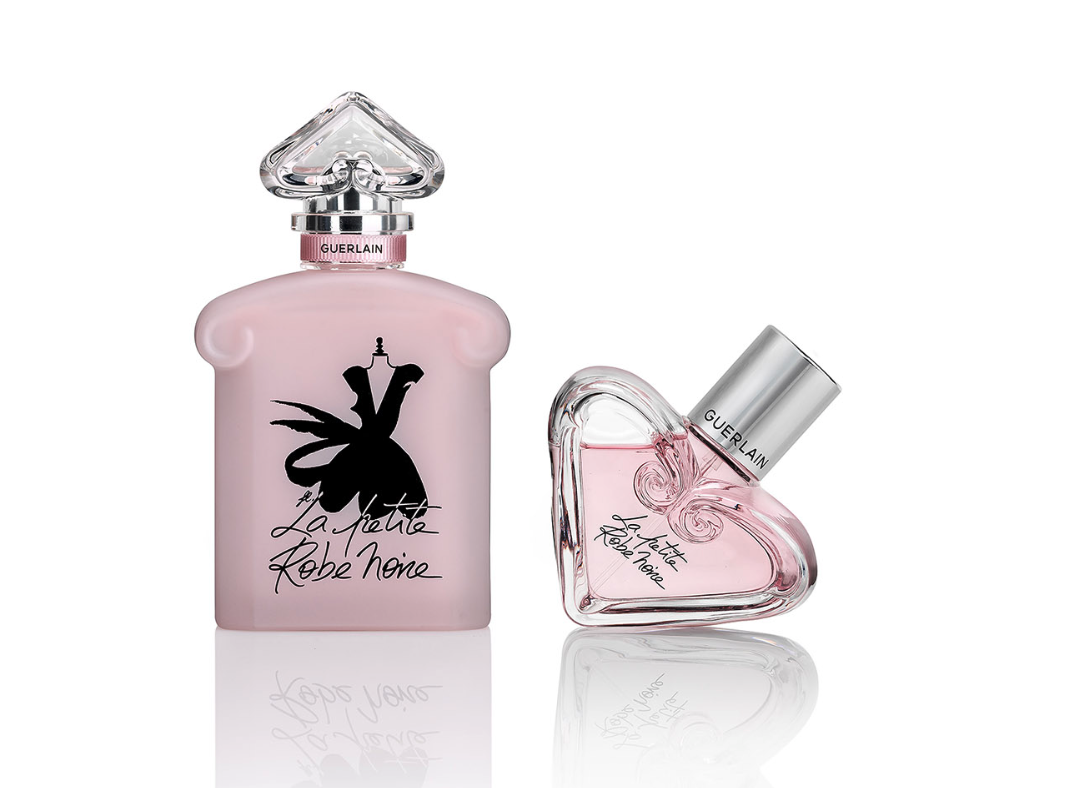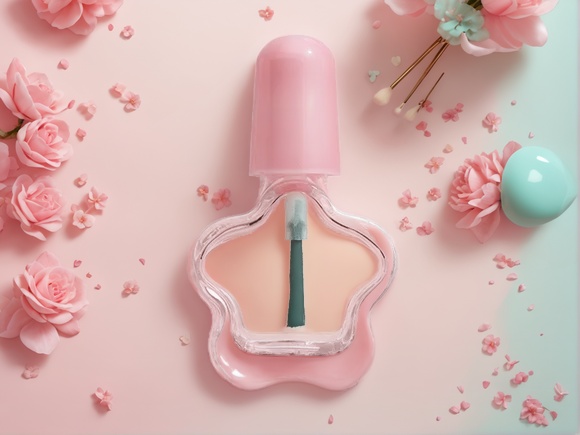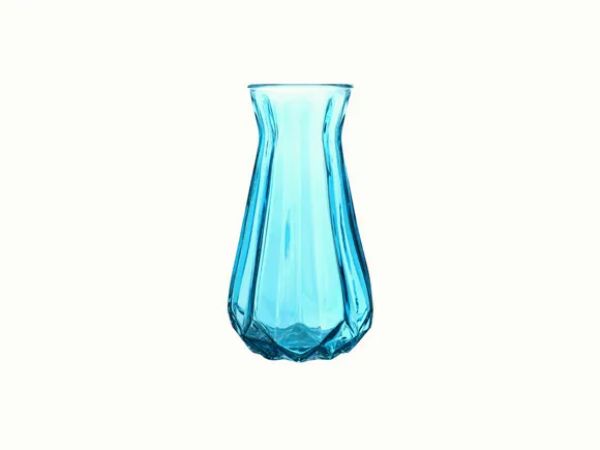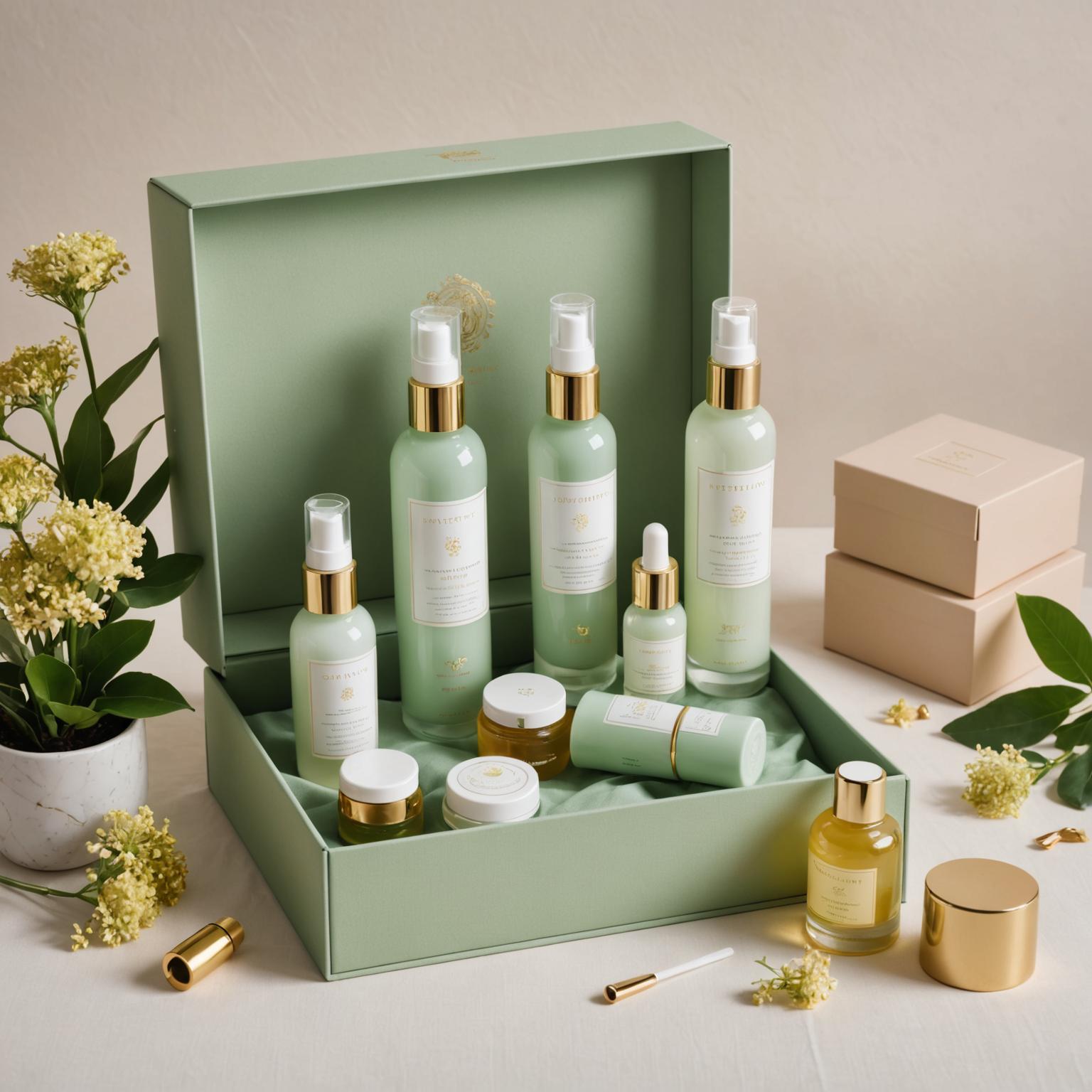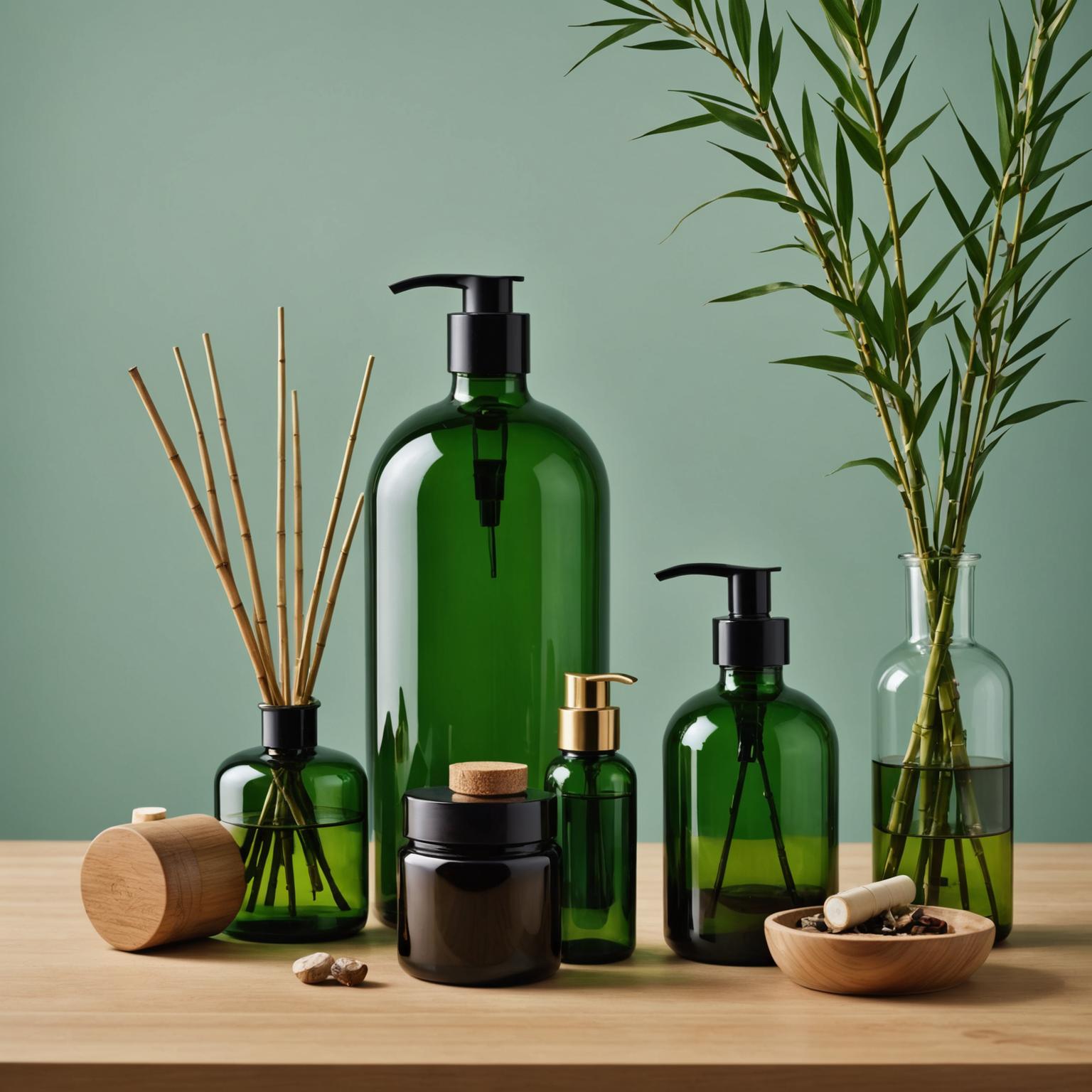The Rising Demand for Glass Bottles in the Beverage Industry: Trends and Benefits
The beverage industry is undergoing a transformative phase in packaging preferences, with glass bottles increasingly favored over alternatives. This shift is driven by a complex interplay of consumer awareness, sustainability imperatives, premium branding, and technological advancements. Paupacking, a leader in providing premiumGlass Bottles, is well-positioned to support beverage brands seeking to capitalize on these trends with high-quality, customizable, and eco-friendly solutions.
This article offers an in-depth exploration of the rising demand for glass bottles in the beverage sector. It delves into the key trends shaping this demand, the multifaceted benefits of glass packaging, and how Paupacking’s offerings align with industry needs. Each section is expanded with detailed insights, practical examples, and strategic considerations to provide a comprehensive understanding of this evolving market.
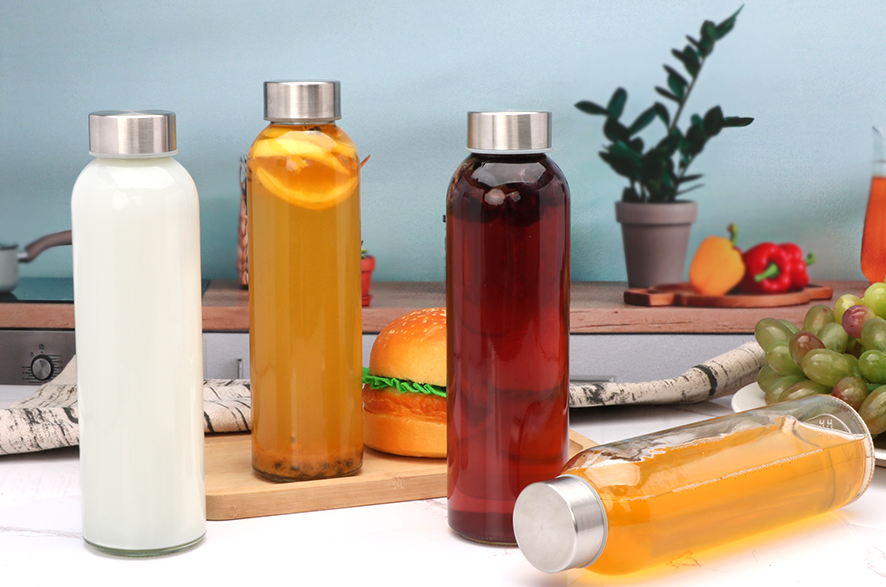

1. Sustainability Driving Glass Bottle Adoption
Growing Environmental Consciousness Among Consumers
In recent years, there has been a marked increase in consumer demand for environmentally responsible products. This shift reflects heightened awareness of climate change, plastic pollution, and resource depletion. Glass bottles stand out as a sustainable packaging choice because they are made from natural materials—primarily silica sand, soda ash, and limestone—and are 100% recyclable without any degradation in quality. Unlike plastics that often downcycle or contribute to microplastic pollution, glass can be recycled endlessly, making it a cornerstone of circular economy initiatives.
Consumers increasingly scrutinize packaging when making purchasing decisions, favoring brands that demonstrate environmental stewardship. Glass bottles convey a strong message of sustainability, which enhances brand reputation and loyalty. This is particularly important in beverage categories such as water, juices, and craft beverages, where consumers expect purity and environmental responsibility.
Regulatory Frameworks and Industry Adaptation
Governments worldwide are enacting stricter regulations aimed at reducing plastic waste and promoting sustainable packaging. Policies such as plastic bans, extended producer responsibility (EPR), and recycling mandates are compelling beverage manufacturers to reconsider their packaging strategies. Glass bottles, with their recyclability and established recycling infrastructure, offer a compliant and forward-looking solution.
For example, the European Union’s Single-Use Plastics Directive and similar initiatives in North America and Asia-Pacific regions are accelerating the shift toward glass. Beverage companies adopting glass packaging not only meet regulatory requirements but also position themselves as leaders in sustainability.
Paupacking’s Eco-Friendly Glass Bottles
Paupacking’sGlass Bottlesare crafted with sustainability at the forefront. We use recycled glass content where possible and design bottles for recyclability and reuse. Our commitment extends beyond materials to include supporting refillable bottle programs and minimizing carbon footprints through efficient manufacturing and logistics.
By choosing Paupacking, beverage brands can confidently align with sustainability goals while delivering a premium product experience.
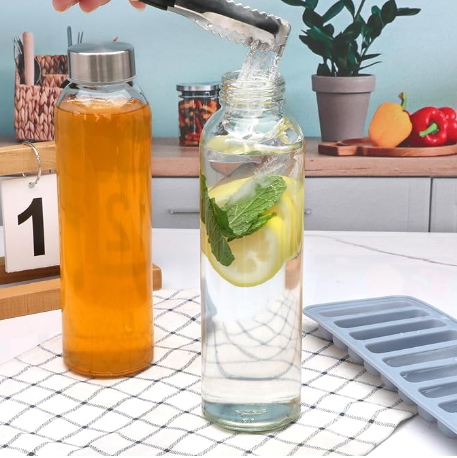

2. Premiumization and Brand Differentiation
The Premium Beverage Market Expansion
The global beverage market is witnessing a pronounced premiumization trend. Consumers are willing to pay more for products perceived as higher quality, artisanal, or healthier. Categories such as craft beer, specialty spirits, cold-pressed juices, and organic beverages are growing rapidly. Packaging plays a critical role in communicating this premium positioning.
Glass bottles inherently evoke quality, tradition, and luxury. Their weight, clarity, and tactile feel contribute to a superior consumer experience compared to plastic or cans. This sensory appeal is a powerful differentiator on crowded retail shelves.
Customization and Aesthetic Versatility
Glass bottles offer unparalleled customization options. Brands can select from a variety of shapes, sizes, and colors (clear, amber, green, frosted) to create a distinctive look. Advanced decoration techniques such as embossing, screen printing, hot stamping, and digital printing enable intricate branding and storytelling.
This flexibility allows brands to tailor packaging to target demographics, seasonal campaigns, or limited editions. For example, a craft brewery may use uniquely shaped amber bottles with embossed logos to emphasize heritage, while a luxury spirit brand might opt for clear, heavy glass with metallic foiling.
Paupacking’s extensive range ofGlass Bottlessupports brand differentiation through customization. We offer bespoke molding, color options, and decoration services to help brands create packaging that stands out. Our design team collaborates closely with clients to balance aesthetics, functionality, and cost-effectiveness.
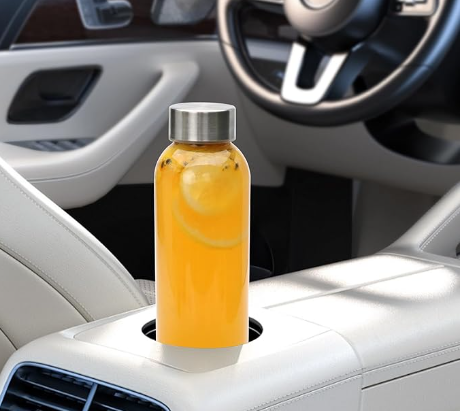

3. Product Safety and Quality Preservation
Chemical Inertness and Barrier Properties
Glass is chemically inert, meaning it does not interact with the beverage it contains. This preserves the original flavor, aroma, and quality without risk of contamination or off-flavors. Glass also provides an excellent barrier against oxygen, moisture, and UV light (especially colored glass), which are critical factors in extending shelf life and maintaining product integrity.
This is particularly important for sensitive beverages such as wine, craft beer, juices, and dairy-based drinks, where preservation of sensory attributes is essential.
Compliance with Food Safety Regulations
Glass bottles comply with stringent food safety standards globally, including FDA, EU, and other regulatory bodies. They are free from harmful chemicals such as BPA, phthalates, and plasticizers, which can migrate into beverages from plastic containers. This compliance reassures consumers and regulatory agencies alike.
Paupacking’s Quality Assurance
Paupacking ensures that allGlass Bottlesmeet or exceed industry standards for safety and durability. Our manufacturing processes include rigorous quality control, traceability, and certification to guarantee product consistency and safety.
4. Technological Innovations in Glass Bottle Production
Lightweight Glass Technology
Traditional glass bottles are often criticized for their weight, which affects transportation costs and carbon emissions. However, advances in glass formulation and manufacturing have produced ultra-lightweight bottles that maintain strength and durability. These innovations reduce shipping costs and environmental impact while preserving the premium feel.
Smart Packaging Integration
The beverage industry is increasingly adopting smart packaging solutions to enhance consumer engagement and supply chain transparency. Glass bottles can incorporate RFID tags, QR codes, and NFC chips directly onto their surface or labels. These technologies enable interactive marketing, authentication, and real-time tracking.
Paupacking’s Innovation Leadership
Paupacking invests in state-of-the-art production technologies to offer lightweight and smartGlass Bottles. Our bottles are compatible with digital printing and smart labeling, enabling brands to leverage the latest packaging trends.
5. Expanding Applications Across Beverage Categories
Alcoholic Beverages
Glass bottles remain the preferred packaging for wine, spirits, craft beer, and premium liquors. The tradition, aesthetics, and preservation qualities of glass align well with the values of these categories. The craft and small-batch movement further drives demand for unique glass bottle designs.
Non-Alcoholic Beverages
Health-conscious consumers drive growth in cold-pressed juices, kombucha, flavored waters, and specialty soft drinks packaged in glass. The inertness and premium appearance of glass align with consumers’ desire for purity and quality.
Paupacking’s Versatile Product Line
OurGlass Bottlesare designed to meet the diverse needs of both alcoholic and non-alcoholic beverage producers. We offer a variety of sizes, colors, and finishes to suit any beverage type.
6. Economic and Market Growth Outlook
Market Size and Growth
The global glass bottle market is projected to grow at a compound annual growth rate (CAGR) of approximately 5.7% over the next decade. This growth is fueled by increasing demand for sustainable packaging and premium beverages worldwide.
Regional Trends
Asia-Pacific is the fastest-growing market due to rising incomes and urbanization, while Europe and North America focus on sustainability and premiumization.
Paupacking’s Global Presence
Paupacking supports global beverage brands with flexible supply chains and localized production to meet regional market demands efficiently.
7. Benefits of Glass Bottles Over Alternative Packaging
| Feature | Glass Bottles | Plastic Bottles | Aluminum Cans |
|---|---|---|---|
| Sustainability | 100% recyclable, reusable | Limited recycling, plastic waste | Recyclable but energy-intensive |
| Product Preservation | Superior barrier to oxygen and moisture | Moderate barrier, potential leaching | Good barrier, but no reseal |
| Consumer Perception | Premium, luxury appeal | Often seen as cheap or disposable | Neutral to premium, depends on branding |
| Chemical Safety | Inert, no chemical migration | Possible chemical leaching | Generally safe, but less inert |
| Customization Options | High (color, shape, embossing) | Moderate | Limited |
| Weight and Transport | Heavier, but lightweight options available | Lightweight | Lightweight |
| Cost | Higher initial cost, offset by brand value | Lower upfront cost | Moderate |
8. Challenges and Opportunities for Glass Bottle Manufacturers
Production and Logistics Costs
Glass bottles are heavier and more fragile than plastic or aluminum, leading to higher transportation and handling costs. However, lightweight glass technology and optimized logistics help mitigate these issues.
Recycling Infrastructure
Maximizing glass’s environmental benefits depends on robust recycling infrastructure and consumer participation. Investments in collection and processing are critical.
Paupacking’s Strategic Solutions
Paupacking addresses these challenges through lightweight glass designs, efficient supply chains, and partnerships that promote recycling and reuse.
9. Future Trends Shaping Glass Bottle Demand
Circular Economy and Refillable Systems
Refillable glass bottle programs are gaining traction, reducing waste and fostering brand loyalty.
Smart and Interactive Packaging
Integration of NFC, QR codes, and augmented reality enhances consumer experience and supply chain transparency.
Sustainable Manufacturing Innovations
Development of carbon-neutral glass production and bio-based coatings further reduce environmental impact.
Paupacking’s Commitment to Innovation
We continue to invest in sustainable and smart packaging technologies to meet future market demands.
10. Why Choose Paupacking for Your Glass Bottle Needs?
Paupacking offers premiumGlass Bottlesthat combine sustainability, quality, customization, and innovation. Our bottles support beverage brands in meeting consumer expectations, regulatory requirements, and market trends.
Partner with Paupacking to elevate your packaging with elegant, eco-friendly, and technologically advanced glass bottles.




